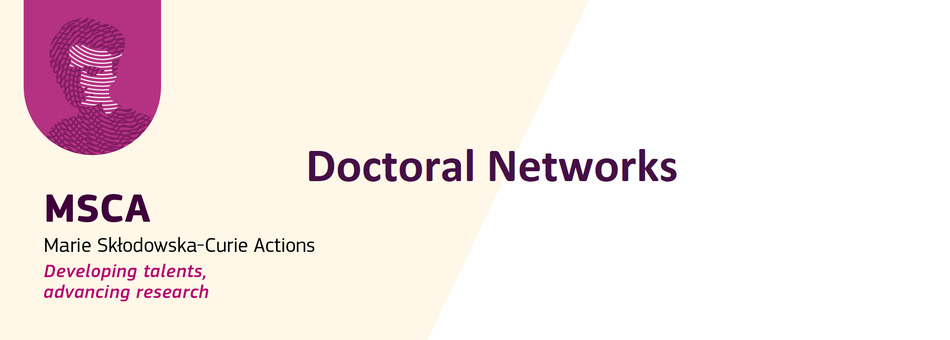Expected Outcome:
Project results are expected contribute to all the following outcomes:
- A European economic base which is stronger, more resilient, competitive and fit for the green and digital transitions, by reducing strategic dependencies for critical raw materials by promoting a circular approach to manufacturing and resource efficiency.
- Advancing circular and sustainable design and business practices relating to advanced batteries and associated value chains.
- Improving the life cycle sustainability performance of batteries produced in the EU, both in terms of reducing environmental impacts and maximising socio-economic benefits, including increased closed-loop practices.
- Enhancing European strategic independence in terms of battery raw materials, the competitiveness of European industry, and maximising socio-economic benefits at the EU level and beyond.
- Supporting the achievement of established EU recycling efficiency targets for 2030 and beyond.
Contribution to the following outcomes is optional, depending on the scope of the project:
- Enabling tools and best practice for multiple industry sectors in order to improve the European industrial ambitions and global leadership beyond batteries.
- Improving batteries and their materials/components circularity through the promotion of more material efficient designs by enabling longer material/component lifetimes, improving added-value remanufacturing, refurbishing (including exchangeable battery systems), repairing and recycling and ultimately decreasing the cost of using secondary materials/components in batteries.
Scope:
Proposals should cover at least two of three scope categories (business models, cross-industry tools, sustainable design) and at least three bullet points in total:
- Business models
- Definition of assessment approaches for sustainable business models, including value proposition, value creation and delivery and value capture including environmental, social and economic dimensions. This activity will include analysis of best practice examples for sustainable business models.
- Development of sustainable business methods for technical, economic, and environmental evaluation of cycle life options: retrofit, second life, and recycling.
- Development of new business models and social innovations that promote the sustainable mobilisation of resources.
- Development of business methods to address outstanding issues, such as on-liability, across applications.
- Cross-industry tools
- Quantitative methodologies and tools that enable understanding whether recycling or second life is the preferred sustainable option, and at which level (pack, cell, electrode, material) recycling should be deployed.
- Optimisation of design and operation using LCA. Using high-quality data, exploring trade-offs between i) impacts at fabrication stage, ii) design for durability, iii) energy usage, iv) other functional aspects such as optimal sizing, hybridisation, electronic management, thermal management.
- Development of a central data information system and database (users of resources can see who offers which type and amount of battery system) and prototype Europe-wide information system for accident vehicles and their available battery systems for re-use.
- Sustainable design
- Innovations in battery design and architecture at all levels (system, pack, cell) supporting dismantling and recycling at the end of life. These could include the choice of materials and assembly methods and should not compromise the performance.
- Design of innovative sourced materials for improving sustainability in batteries by sustainable processes that avoid toxic/dangerous solvents and require controlled environments.
- Research and design of batteries from recycled materials and fully recyclable.
Cooperation with complementary projects launched specifically in the Cluster 5 work program and specifically, in the Destination “A competitive and sustainable European battery value chain” is required. Examples of collaborative activities includes information sharing, promotion of results at thematic transnational events, conferences and open webinars.
Plans for the exploitation and dissemination of results for proposals submitted under this topic should include a strong business case and sound exploitation strategy, as outlined in the introduction to this Destination. The exploitation plans should include preliminary plans for scalability, commercialisation, and deployment (feasibility study, business plan).
Projects may collaborate and/or contribute to the activities of the Coordination and Support Action defined under the topic HORIZON-CL5-2022-D2-01-08.
Proposals could consider the involvement of the European Commission's Joint Research Centre (JRC) whose contribution could consists of providing added value regarding various aspects of battery sustainability.
This topic implements the co-programmed European Partnership on Batteries (Batt4EU). As such, projects resulting from this topic will be expected to report on the results to the European Partnership on Batteries (Batt4EU) in support of the monitoring of its KPIs.





